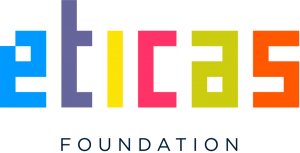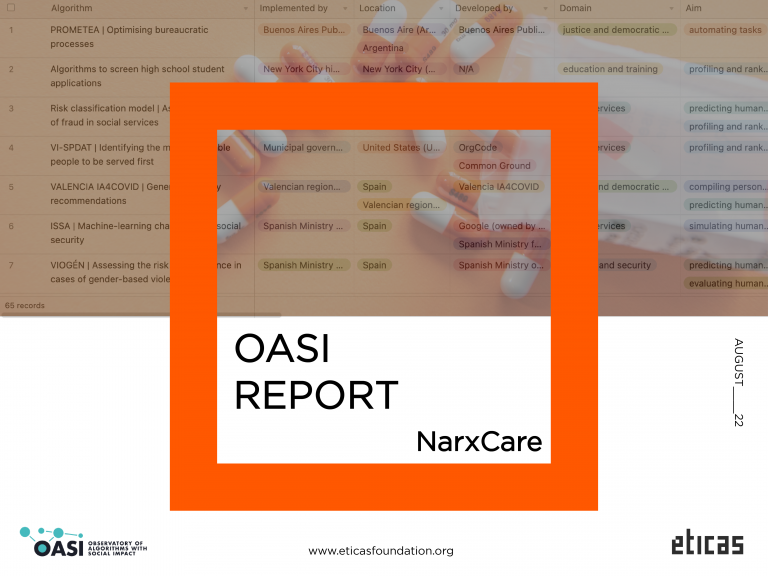
Consulting companies in the United States have begun selling proprietary algorithms to universities in order to help them to target and recruit the most promising candidates according to self-selecting criteria (O’Neil 2018). For example, the firm Noel-Levitz has created a software called “Forecast Plus” that can estimate and rate enrollment prospects by geography, gender, ethnicity, field of study, academics, et al. The company, RightStudent, aggregates and sells data on prospective applicants’ finances, scholarship eligibility, and learning disabilities to colleges (idem).
Such algorithms raise questions regarding transparency and inequality reproduction. On top of the algorithm and its criteria being kept secret from the public, scholars worry that the universities will use these algorithms in order to locate specific demographics of applicants that can boost their U.S. News & World Report ranking and pay full tuition rather than focus on offering educational opportunities to the entire populace (O’Neil 2018).






